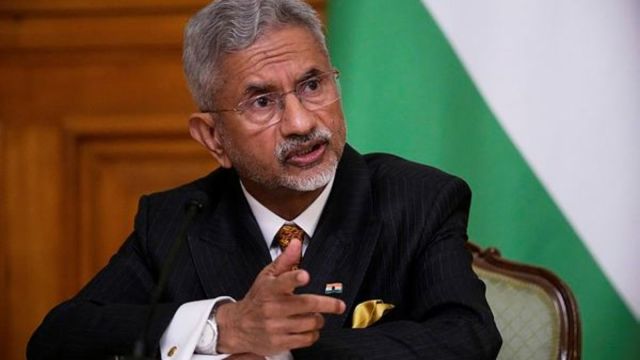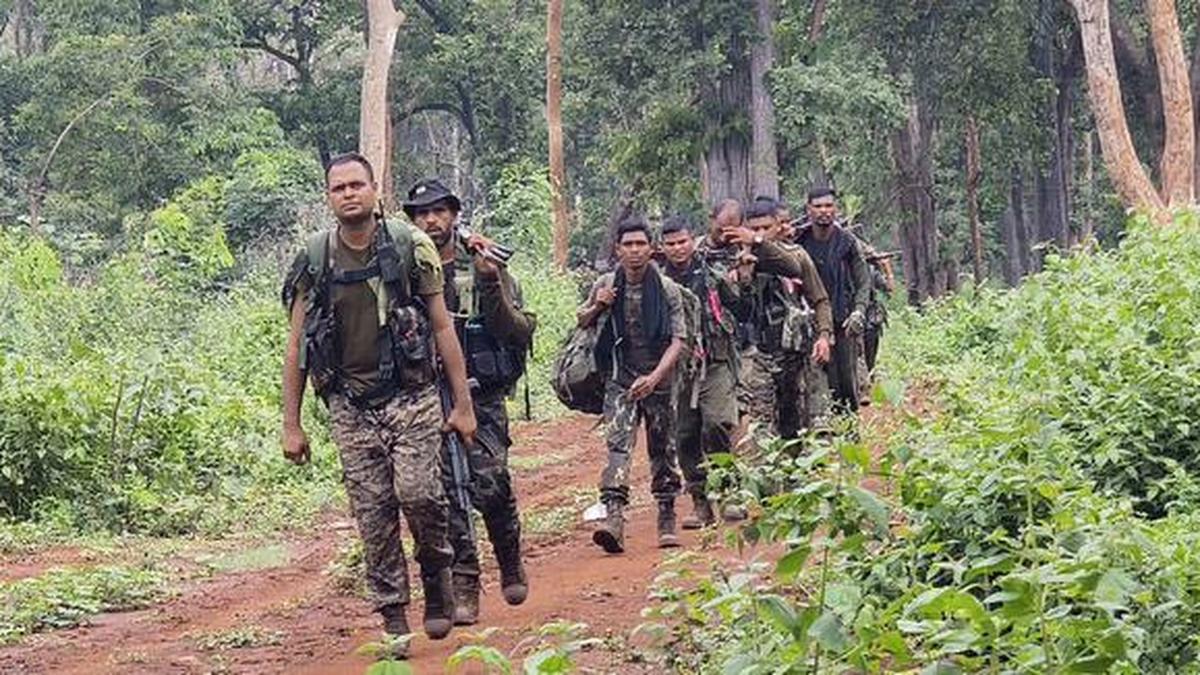ARTICLE AD BOX
 External Affairs Minister S Jaishankar. (AP)
External Affairs Minister S Jaishankar. (AP)
In an oblique reference to the US administration’s decision to impose an additional 25 per cent tariff on India as penalty for purchase of Russian oil, External Affairs Minister S Jaishankar on Monday expressed concern at the “linking of trade measures to non-trade matters”. Calling for a “stable and predictable environment for trade and investment”, he underlined that economic practices should be “fair, transparent and to everyone’s benefit”.
“The state of the world today is a cause for genuine concern. The last few years have witnessed the devastating impact of the Covid pandemic, major conflicts in Ukraine and the Middle East/ West Asia, volatility in trade and investment flows, extreme climate events and a discernible slowing down of the SDG Agenda. In the face of these challenges, the multilateral system appears to be failing the world. That so many serious stresses are being left unaddressed is, understandably, having consequences for the global order itself,” he said, addressing the BRICS leaders’ summit online.
“Trade patterns and market access are today prominent issues in the global economic discourse. The world requires constructive and cooperative approaches to promote trade that is sustainable. Increasing barriers and complicating transactions will not help. Neither would the linking of trade measures to non-trade matters. The BRICS itself can set an example by reviewing trade flows among its member states. Where India is concerned, some of our biggest deficits are with BRICS partners and we have been pressing for expeditious solutions,” he said.
The summit was convened by Brazil’s President Luiz Inacio Lula da Silva in the wake of the tariffs imposed by the US administration led by President Donald Trump. Jaishankar represented Prime Minister Narendra Modi at the summit that saw the participation of Chinese President Xi Jinping, Russian President Vladimir Putin and several other leaders of the grouping.
 EAM S Jaishankar and other BRICS leaders, including Chinese President Xi Jinping, Russia President Vladimir Putin and Brazil President Lula da Silva during the virtual summit. (PTI)
EAM S Jaishankar and other BRICS leaders, including Chinese President Xi Jinping, Russia President Vladimir Putin and Brazil President Lula da Silva during the virtual summit. (PTI)
The US has imposed 50 per cent tariffs on both India and Brazil. Jaishankar’s participation, in place of Modi, is seen as part of India’s tightrope walk with the US.
“The members of BRICS represent a broad diversity of societies who are nevertheless deeply affected by these developments. Even in the past, our endeavour has been to find common ground between our respective national policies and to act on that basis. Today, the focus is on stabilising the international economy and the world order. But it is equally essential that we turn our attention to ongoing conflicts, not least because they have direct developmental and supply chain implications. Furthermore, as we head towards the next UN General Assembly Session, an exchange of views on reforming multilateralism would be appropriate,” Jaishankar said.
This is important since India has reservations about China’s approach towards multipolar Asia. “The world as a collective is seeking a stable and predictable environment for trade and investment. At the same time, it is imperative that economic practices are fair, transparent and to everyone’s benefit. When there are multiple disruptions, our objective should be to proof it against such shocks. That means creating more resilient, reliable, redundant and shorter supply chains. Not just that, it is also essential that we democratise manufacturing and production and encourage their growth in different geographies. Progress in that regard will contribute to regional self-sufficiency and relieve anxieties at times of uncertainty,” he said.
Story continues below this ad
He said that trade patterns and market access are prominent issues in the global economic discourse today. “The international trading system is based on the foundational principles of open, fair, transparent, non-discriminatory, inclusive, equitable and a rules-based approach with special and differential treatment for developing countries. India strongly believes that this should be protected and nurtured,” he said.
He said the world today also seeks an urgent resolution of ongoing conflicts. “The Global South has experienced a deterioration in its food, energy and fertiliser security. Where shipping is targeted, not just trade but livelihoods also suffer. A selective protection cannot be a global answer. An early end to the hostilities and undertaking diplomacy to ensure a durable solution is the obvious pathway before us,” he said.
Shubhajit Roy, Diplomatic Editor at The Indian Express, has been a journalist for more than 25 years now. Roy joined The Indian Express in October 2003 and has been reporting on foreign affairs for more than 17 years now. Based in Delhi, he has also led the National government and political bureau at The Indian Express in Delhi — a team of reporters who cover the national government and politics for the newspaper. He has got the Ramnath Goenka Journalism award for Excellence in Journalism ‘2016. He got this award for his coverage of the Holey Bakery attack in Dhaka and its aftermath. He also got the IIMCAA Award for the Journalist of the Year, 2022, (Jury’s special mention) for his coverage of the fall of Kabul in August 2021 — he was one of the few Indian journalists in Kabul and the only mainstream newspaper to have covered the Taliban’s capture of power in mid-August, 2021. ... Read More
Stay updated with the latest - Click here to follow us on Instagram
© The Indian Express Pvt Ltd



.png)
.png)
.png)
























 English (US) ·
English (US) ·